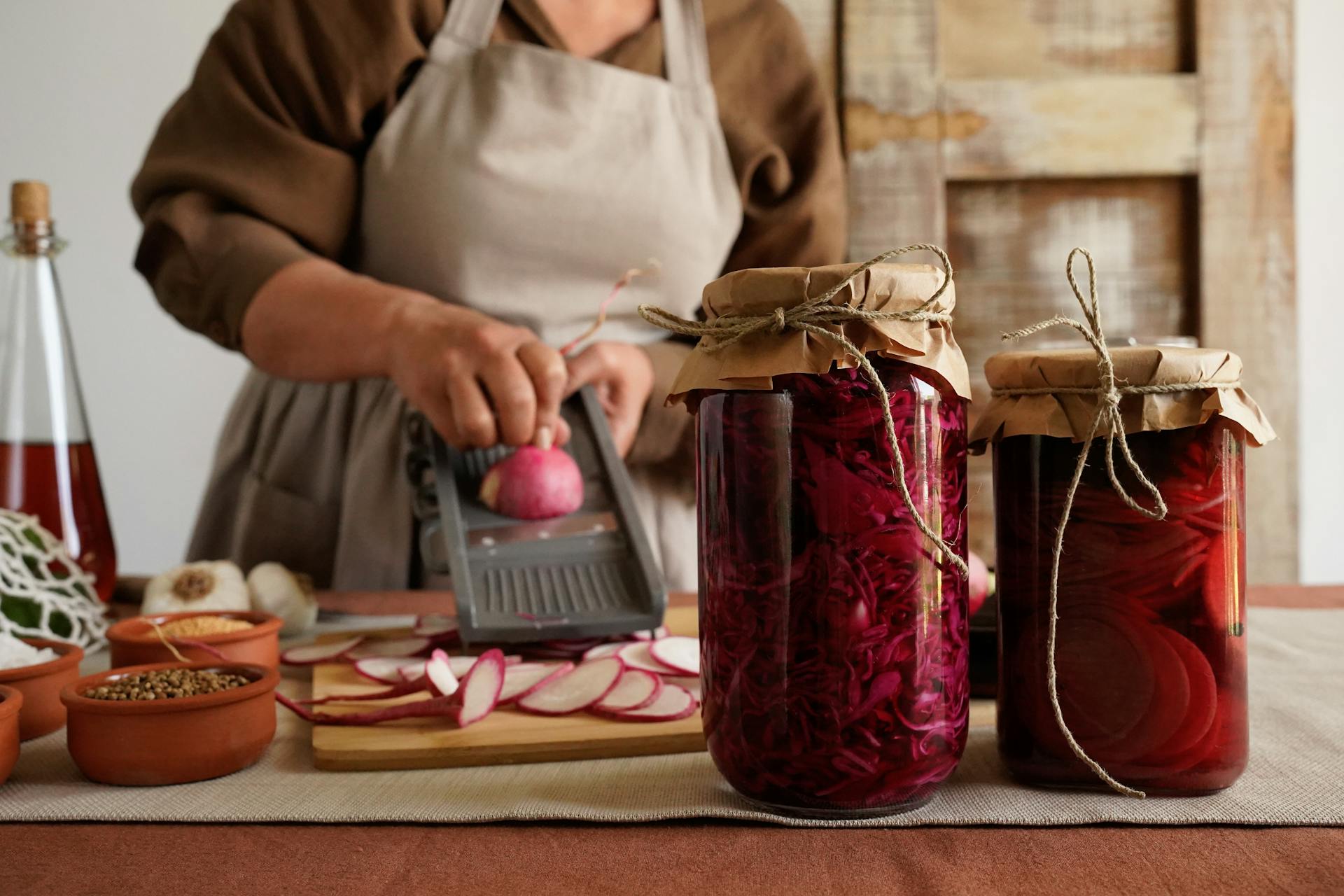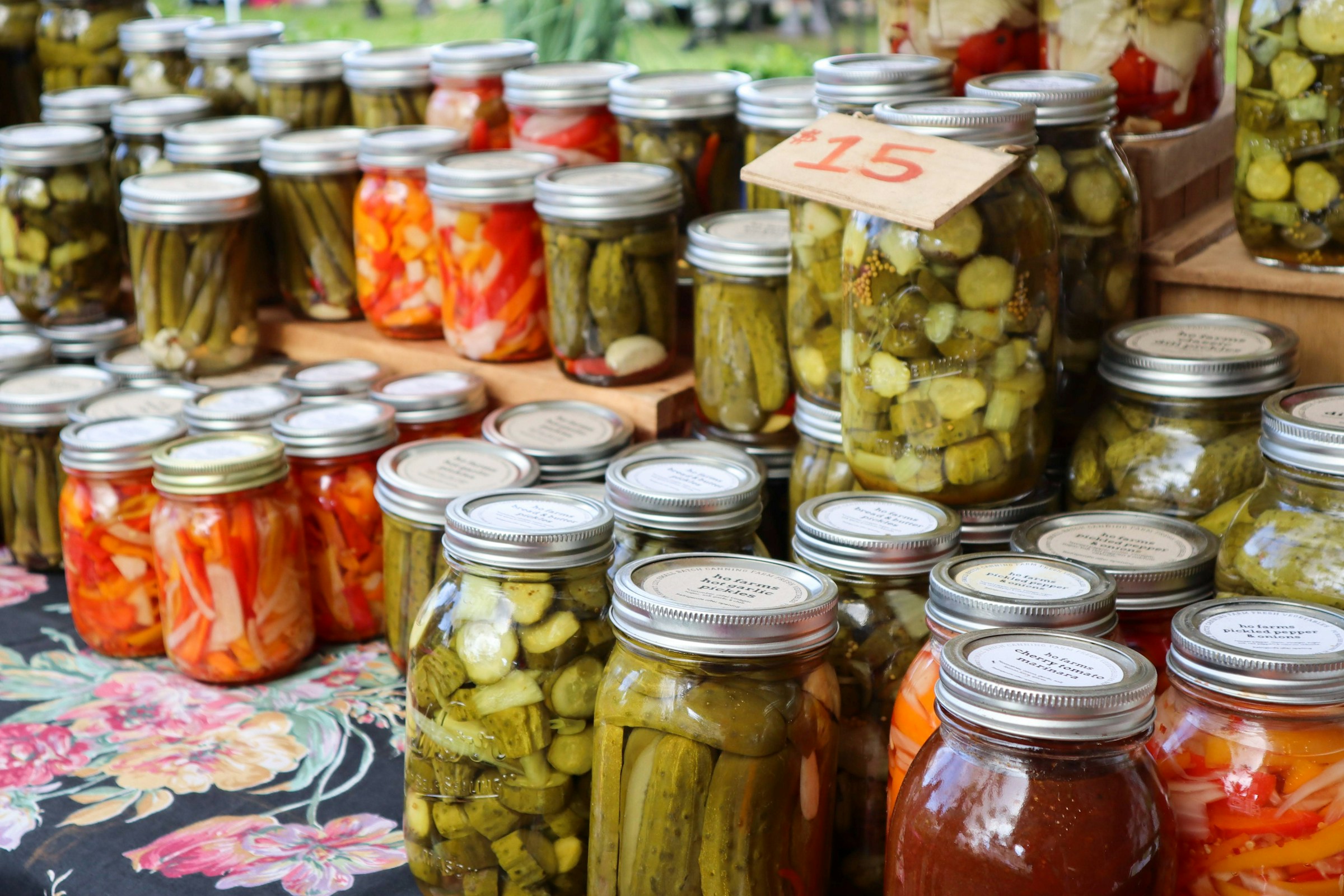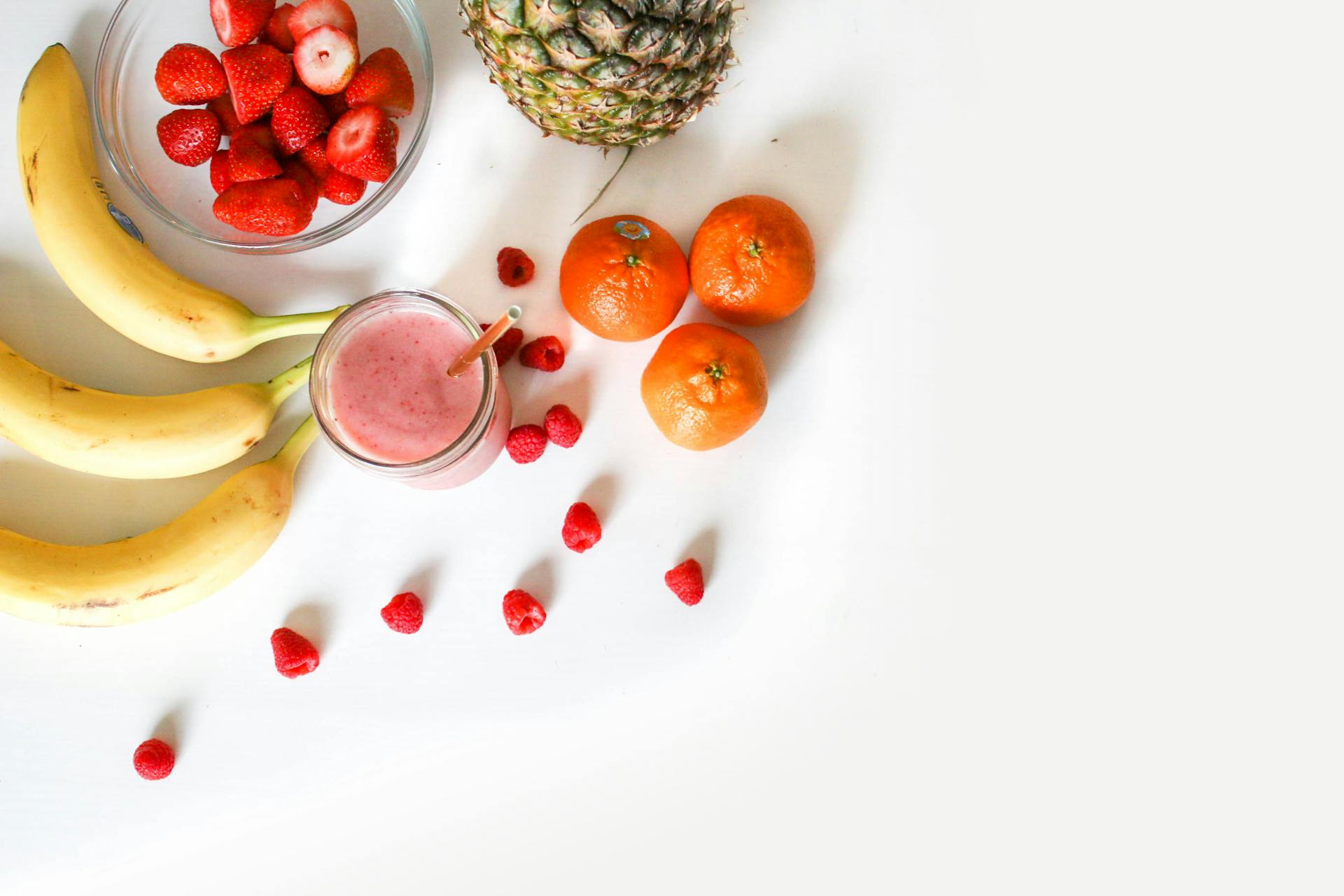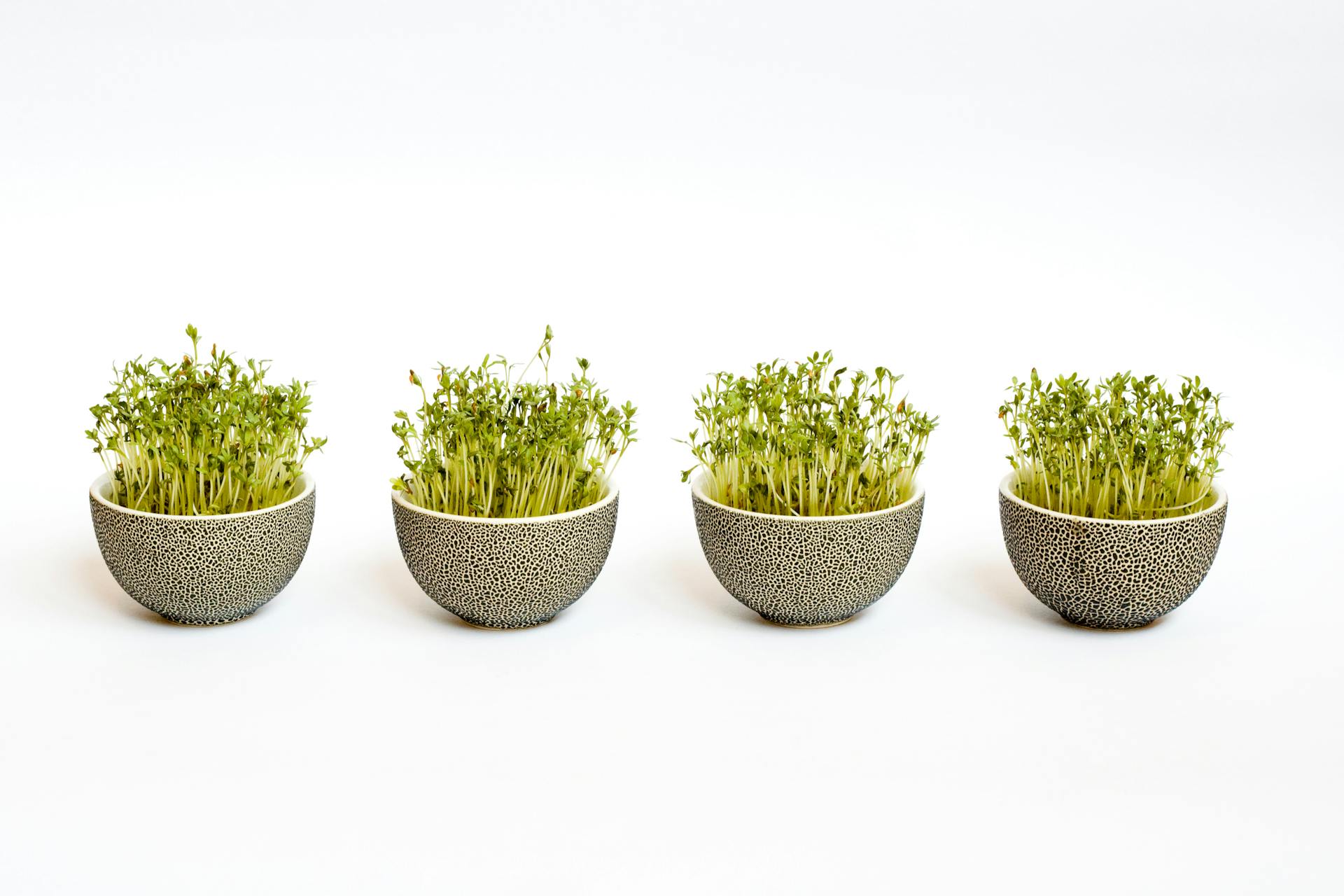Fermented foods have been a part of traditional diets for centuries. From Korea’s spicy kimchi to Germany’s tangy sauerkraut, these foods aren’t just flavorful; they’re also packed with incredible health benefits. Loaded with probiotics, vitamins, and enzymes, they support digestion, boost immunity, and enhance overall wellness.
In this guide, we’ll explain what fermented foods are, why they’re good for you, and how you can include them in your diet for better health.
What Are Fermented Foods?
Fermentation is a natural process where microorganisms like bacteria or yeast break down sugars in food into acids, alcohol, or gases. This process:
- Extends the shelf life of food
- Enhances its flavor and nutritional value
- Produces probiotics—beneficial bacteria that improve gut health and immunity

Why Are Fermented Foods Good for You?
Adding fermented food to your diet offers several health benefits:
1. Improved Digestion
Probiotics help restore the balance of good bacteria in your gut, reducing bloating, gas, and other digestive issues.
2. Enhanced Immunity
A healthy gut directly supports a strong immune system. Fermented foods are rich in probiotics and nutrients that help your body fight infections and reduce inflammation.
3. Better Nutrient Absorption
Fermentation reduces anti-nutrients in food, making it easier for your body to absorb vitamins like B12, K, and minerals like magnesium.
4. Weight Management Support
A balanced gut microbiome can regulate appetite and metabolism, helping maintain a healthy weight.
5. Boosted Mental Health
The gut-brain connection is real. A healthy gut can improve mood and reduce symptoms of anxiety and depression.

Top 10 Fermented Foods You Should Try
1. Kefir
A tangy, fermented milk drink with a wide range of probiotics. Kefir is easy to digest, even for those with lactose intolerance.
2. Yogurt
Rich in probiotics like Lactobacillus, yogurt is a versatile snack or breakfast option. Choose plain, unsweetened yogurt for maximum benefits.
3. Kimchi
A spicy Korean side dish made from fermented vegetables. Kimchi is packed with probiotics, antioxidants, and vitamins A and C.
4. Sauerkraut
This fermented cabbage dish is low in calories and high in fiber, probiotics, and vitamin C. It’s a great addition to sandwiches and salads.
5. Kombucha
This fizzy, fermented tea is rich in probiotics and antioxidants. Look for brands with minimal added sugar for the best health benefits.
6. Miso
A fermented soybean paste often used in Japanese soups and marinades. It’s rich in probiotics, protein, and essential nutrients like zinc.
7. Tempeh
A nutty-flavored, protein-packed meat alternative made from fermented soybeans. Tempeh is also rich in iron and calcium.
8. Pickles
Naturally fermented cucumbers contain probiotics, but ensure they’re vinegar-free for live cultures.
9. Cheese
Some cheeses like Gouda and Swiss are fermented and contain beneficial bacteria. Enjoy them in moderation.
10. Soy Sauce
Traditional soy sauce is made through fermentation and offers a rich flavor. Use sparingly as it’s high in sodium.
How to Add Fermented Foods to Your Diet
1. Start Small
Introduce fermented foods gradually, especially if you’re new to them.
2. Pair With Meals
Use kimchi as a side dish, top salads with plain yogurt, or add miso to soups.
3. Make Your Own
Experiment with homemade options like pickles or kombucha. It’s a fun way to enjoy fresh, probiotic-rich foods.
Are Fermented Foods Safe for Everyone?
Fermented foods are generally safe, but keep these tips in mind:
- Choose Quality Products: Look for items labeled “live and active cultures.”
- Watch for Allergies: Some fermented foods may trigger sensitivities.
- Limit Sodium: Foods like sauerkraut and kimchi can be high in salt, so enjoy in moderation.
FAQs About Fermented Foods
Q: How often should I eat fermented foods?
A: Daily consumption is ideal, but start with a few servings per week to see how your body responds.
Q: Can fermented foods replace probiotics?
A: While fermented foods are a natural source of probiotics, supplements may still be needed for specific health issues.
Q: Are all pickles probiotic?
A: No. Only naturally fermented pickles with live cultures offer probiotic benefits.
Conclusion
Fermented foods are a simple, natural way to improve your gut health, boost immunity, and enhance overall wellness. Whether you enjoy tangy kimchi, creamy yogurt, or fizzy kombucha, there’s a fermented option for everyone.
Start small, explore different varieties, and experience the benefits for yourself. By incorporating these nutrient-packed foods into your diet, you’re taking a proactive step toward better health.
Your gut—and your body—will thank you!
For more, visit Nutrition Stripped. To know more about food and lifestyle, visit here.




